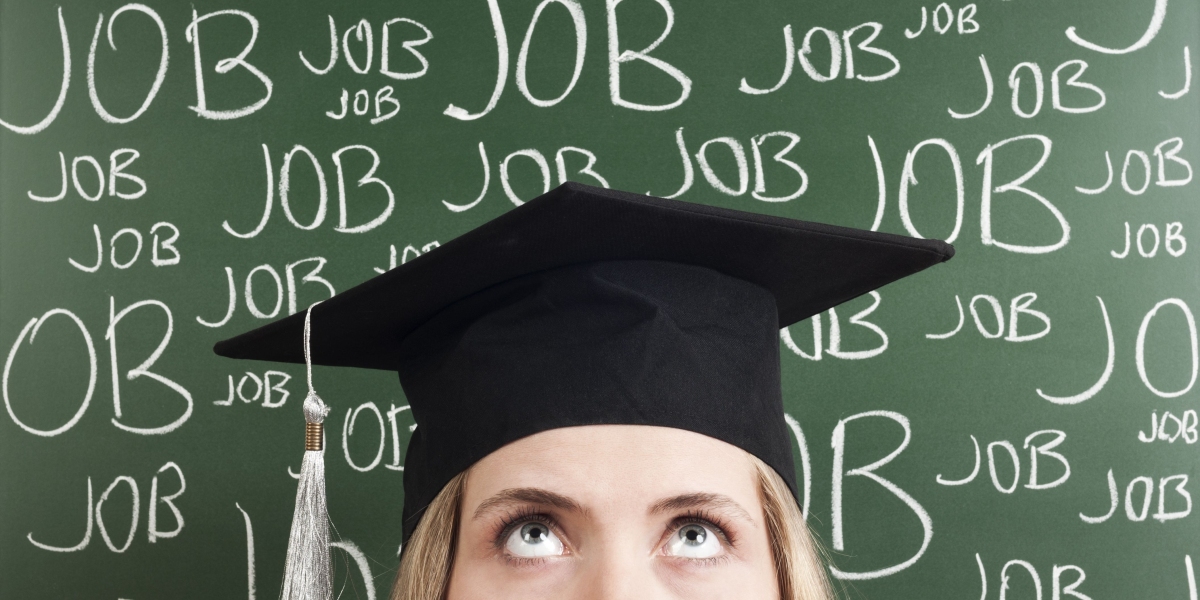Massachusetts sports betting could look entirely different if a brand-new costs proposed in the Senate succeeds. And if history is any indicator, managed sports betting in other states could likewise change drastically.
SD 1657 was presented by Sen. John Keenan. "An Act Addressing Economic, Health, and Social Harms Caused by Sports Betting" intends to increase the current sports betting tax rate from 20% to 51%. Furthermore, Sen. Keenan calls for a total restriction on live betting (in-game betting) and prop bets.
The main thing to bear in mind is that Massachusetts has actually been at the forefront of stricter sports betting policies. The 2nd thing to know is that the language of this costs is similar to the SAFE Bet Act, a federal piece of legislation presented in 2024.

This bill was introduced not long after previous Massachusetts Governor and current NCAA president Charlie Baker affirmed in front of the Senate in a meeting on sports betting regulation.
So, while this is currently a Massachusetts costs, it's most likely to impact other states that offer regulated sports betting.
A closer look at SD 1657
Taxation
Starting with the tax rate increase, bringing sports betting to 51% has actually been a target for Sen. Keenan before. Keenan proposed a tax boost at the last legislative session, but it was declined. This boost would have can be found in the state's budget plan expense.

Only 3 markets have tax rates of 51%, the greatest in the country: New York, Rhode Island, and New Hampshire. At 20%, Massachusetts currently ranks sixth highest.

Banning live betting and prop betting
The measure prohibits in-play (live betting) or prop betting. Only straight wagers would be permitted, limiting sportsbooks to offering just moneyline, spread, and totals.
While Massachusetts and other markets have restrictions on college wagering, this would affect even expert sporting events.
The expense also looks for to add rewards and same-game parlays to the classification of "unreasonable and deceptive practices." Sportsbooks favour same-game parlays due to their high "hold" portion, the quantity of cash they keep off each $1 wagered.

Gamer Limits
SD 1657 also aims to create compulsory day-to-day and regular monthly limits for bettors. Bettors might not wager more than $1,000 a day and $10,000 a month without an 'price evaluation' which involves inspecting checking account. A player can not wager more than 15% of the quantity in their account.
Massachusetts would end up being the very first market to require an affordability evaluation on bettors.
Advertising restrictions
Keenan also wants to get rid of advertising during telecasted sporting occasions. The step would forbid sportsbooks from running ads during games. The Massachusetts Gaming Commission has looked into creating a restriction on in-game advertisements before. Nevertheless, this did not go through as nationwide TV deals make this difficult to enforce.
Will the measure pass?
The measure is extreme in its changes to the sports betting industry in Massachusetts. Banning prop betting and increasing the sports betting tax rate will likely result in pushback from local sportsbooks and market advocates.
Because of this, the measure will likely be fought in the Senate and your home of Representatives. In the previous session, Keenan failed to raise the tax rate.
He would need to persuade the other senators who did not support his effort before to alter their minds. If and when the Senate discusses this step, it is difficult to inform how it will be received.







